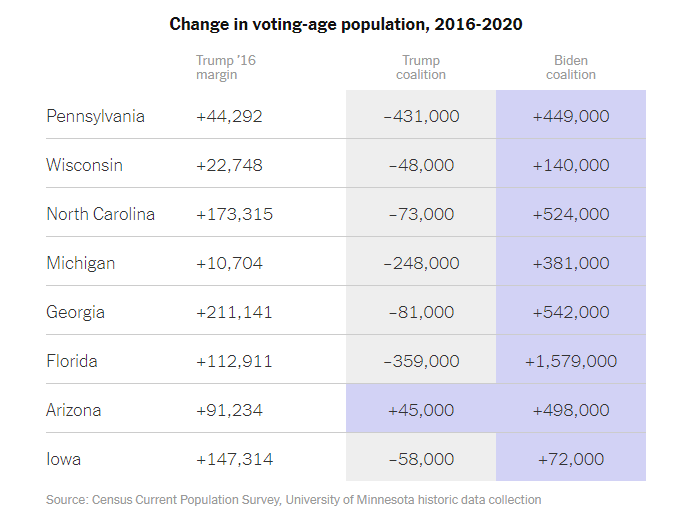This is an interesting discussion you guys are having.
Perhaps if we said "political and social innovation" then this makes more sense. The government as defined by the framers was a liberal event in history. It innovated away from traditional governmental structures in an effort to let people govern themselves while protecting key rights.
Just about all calls for structural change today are originating on the left. You might not view universal healthcare, supreme court reforms, electoral college reforms, ranked choice voting, UBI, trans rights, etc as "innovations", but from a social/political perspective, I think they are. Doesn't mean they're all good innovations, but I'm hard pressed to identify what conservative lead political innovations are happening right now.
Look at the electoral college. It was an innovative compromise of the time to get everybody on board. Venerating it as a holy cow of American greatness 250 years later is like insisting we continue to drive Model T's around. It doesn't mean you just throw it away, but insisting on maintaining a 250 year old system in the light of changing needs is not the kind of thing the Founding Fathers were into.
We might as well require a man to wear still the coat which fitted him when a boy as civilized society to remain ever under the regimen of their barbarous ancestors.
-Jefferson


